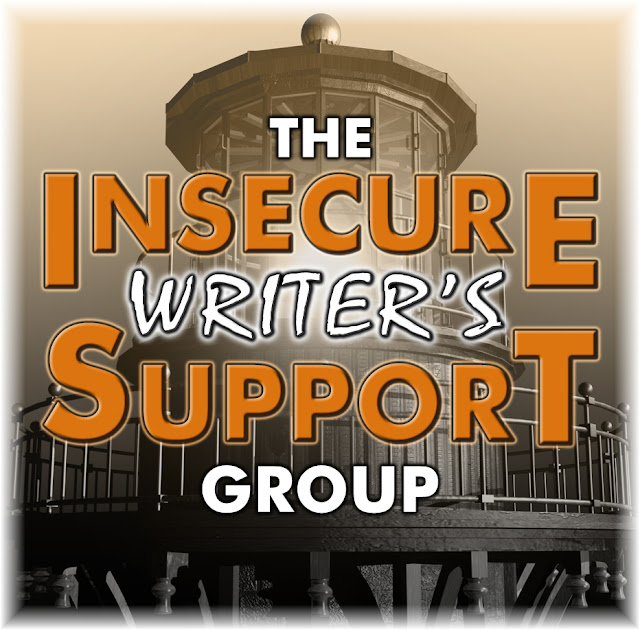When Game of Thrones ended, five possible prequel series got announced. Now it's down to one...tentatively...about Targaryens. I'm not sure who the intended audience is, but maybe there's just people who want to know more about Targaryens. However, the series that got canceled was going to tell the story of the Long Night and the Doom of Valyria...basically all the stuff I even had a remote interest in to begin with. Now, the only series that seems to be getting a "go ahead" signal of any kind is the one with the blond-headed imperialists riding dragons.
To be honest though, I'm not overly sad that the prequel series (set thousands of years before Game of Thrones's timeline) got canceled. Nothing about the show made any sense from the get-go. The events that happened 10,000 years in the past (from the perspective of the series) are pretty much irrelevant. It was a vague background window dressing at best. There would be no King's Landing court intrigue, no dragons, and only one or two major houses at best.
People might say, "Oh...but what about the White Walkers?"
Well the thing is...we have most of that mystery solved. We already know what the White Walkers are and where they came from...so there's no use going into that unless someone wants to tell that story again (I would recommend against it). The Children of the Forest are basically Native American placeholders or the standard "elf" in most fantasy literature...and everything else can be summed up as a bunch of petty feudal lords squabbling with each other.
So (in my opinion) why did the prequel in particular get canceled? Word is they even filmed a pilot for it, so they were pretty serious, right? How does this make any sense? Here's my theory: it turned out to be a lot more expensive than they thought. Also, studio execs got scared that going forward, there was going to be even greater expense due to the magical bronze age element of all the things. Money is usually what kills projects, so this is where I'm placing my bets on what exactly happened.
I'm actually more excited for the Lord of the Rings prequel series that Amazon is doing than anything taking place in GRRM's world from A Song of Ice and Fire. I think I'm pretty done with that story (and its offshoots). What say you?
To be honest though, I'm not overly sad that the prequel series (set thousands of years before Game of Thrones's timeline) got canceled. Nothing about the show made any sense from the get-go. The events that happened 10,000 years in the past (from the perspective of the series) are pretty much irrelevant. It was a vague background window dressing at best. There would be no King's Landing court intrigue, no dragons, and only one or two major houses at best.
People might say, "Oh...but what about the White Walkers?"
Well the thing is...we have most of that mystery solved. We already know what the White Walkers are and where they came from...so there's no use going into that unless someone wants to tell that story again (I would recommend against it). The Children of the Forest are basically Native American placeholders or the standard "elf" in most fantasy literature...and everything else can be summed up as a bunch of petty feudal lords squabbling with each other.
So (in my opinion) why did the prequel in particular get canceled? Word is they even filmed a pilot for it, so they were pretty serious, right? How does this make any sense? Here's my theory: it turned out to be a lot more expensive than they thought. Also, studio execs got scared that going forward, there was going to be even greater expense due to the magical bronze age element of all the things. Money is usually what kills projects, so this is where I'm placing my bets on what exactly happened.
I'm actually more excited for the Lord of the Rings prequel series that Amazon is doing than anything taking place in GRRM's world from A Song of Ice and Fire. I think I'm pretty done with that story (and its offshoots). What say you?













